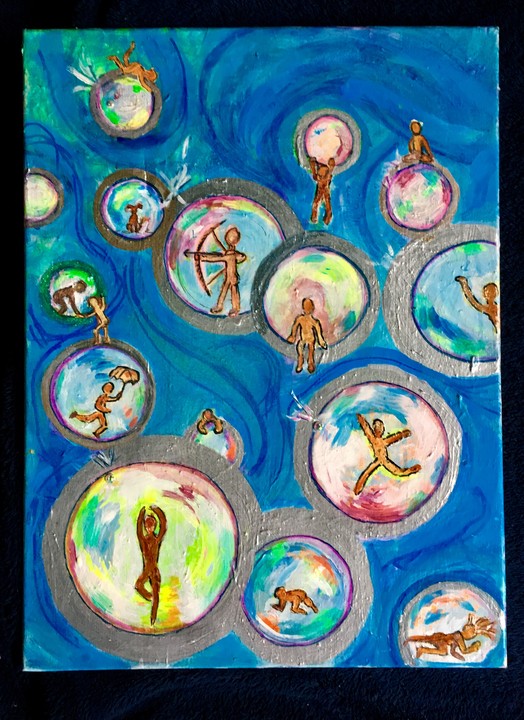 What Begins As Protection Creates A Limitation
What Begins As Protection Creates A Limitation
I had been listening to a distinguished panel on the topic of prescription drug abuse by college kids. The issues were about the fact that people do not know how to talk about drug addiction in families. Frequently kids feel isolated and believe that no one feels the way they do. Often doctors are trained to treat the symptoms of pain so if there is pain then a pill is an answer.
We are an emotionally immature country. We want an easy fix, a pill to numb us against angst. So instead of learning how to deal with feelings, we dive into a dream. If we can’t describe and cope with our disappointments and fears, we sink into the soft cocoon of addictive behavior.
People are born with an open heart, but family members have emotional confusion and attitudes that hurt children, even when we love them. What grows is a constellation of defenses to minimize and protect us against the unhealthy habits of our relations. We might become compulsive people pleasers or defensively think we must be the most important, the best at everything we do. We may think we deserve less consideration than others because we are a worthless kind of child.
Misunderstanding the dynamics of relationships triggers lifelong patterns that may limit our ability to grow skills, demand reasonable treatment from others or thwart our clarity of heart and mind.
It would benefits youth to understand that when the heart of a grownup is overwhelmed, we can behave in ways that pass the pain on to the innocent. Not everything a grown-up does is right or kind, or in the other direction, we may intervene before a child has had a chance to process unhappiness. However, would it be saner to explore the territory of the mind as younger versions of ourselves?
The retraining of the mind and the psyche has to start young. Small doses of sadness, rejection, disappointments are required in manageable bites. These events happen naturally, but social-emotional exercises and reflection would strengthen the accuracy of perception and thoughtful responses instead of a reactive style.
